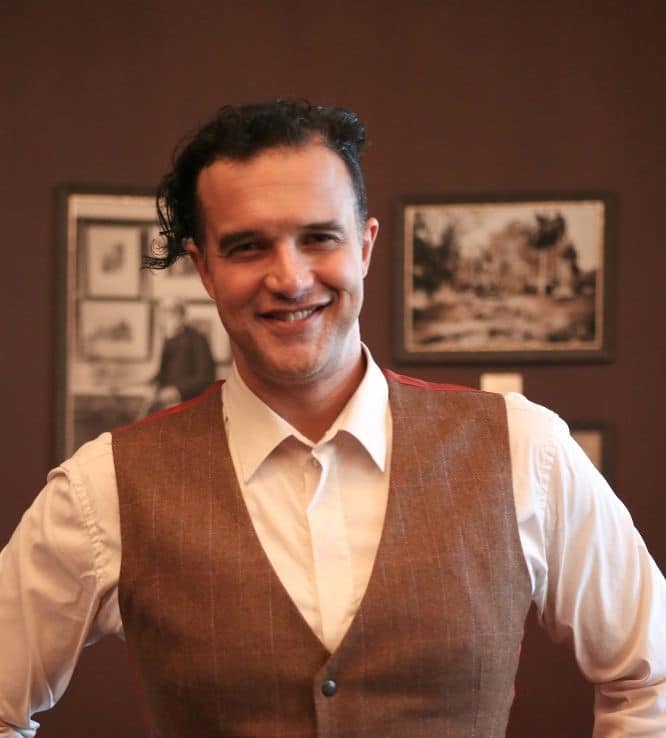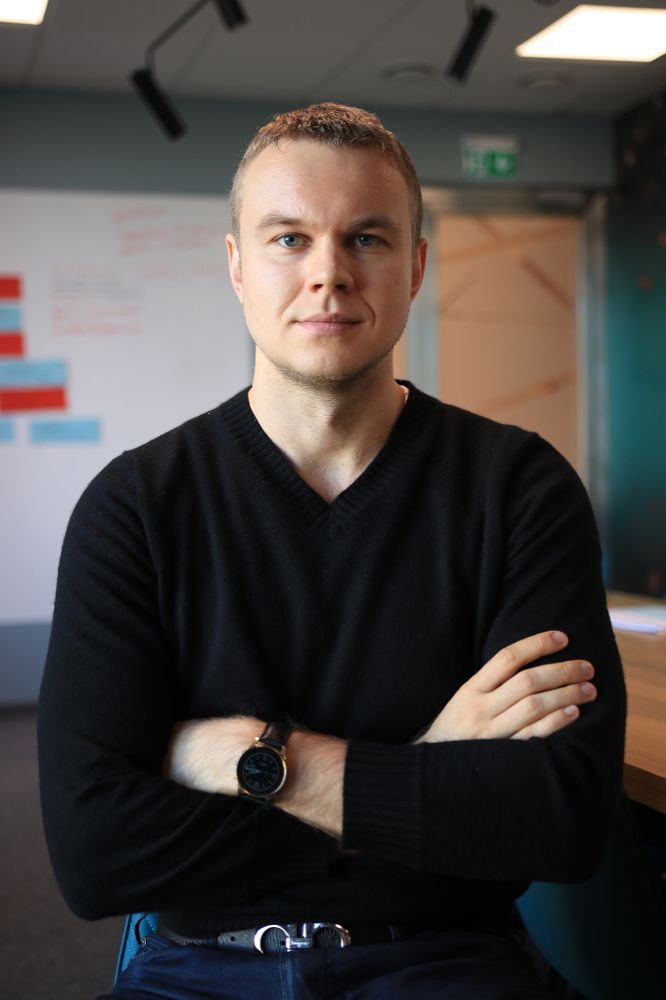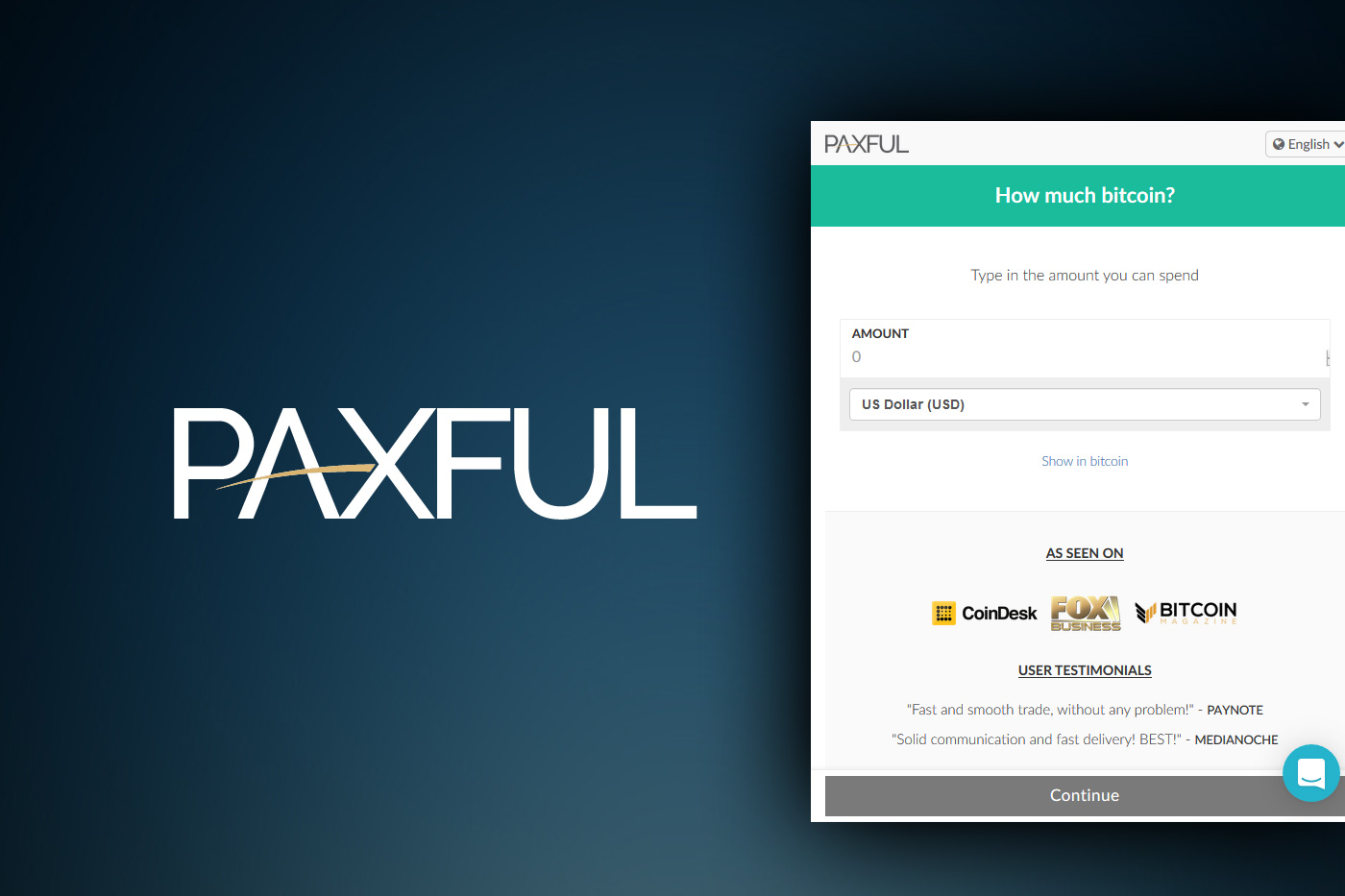Africa Set to Lead the Financial Revolution
By Ray Youssef
All eyes are on Africa as the continent is emerging as a leader in the movement towards global bitcoin adoption. Despite ongoing challenges of the pandemic and government restrictions on the use of digital currencies, we saw the crypto economy continue to thrive. Last year, Africa was cited as the third-fastest growing cryptocurrency economy with Kenya, Nigeria, South Africa, and Tanzania ranking in Chainanalysis’ Top 20 Global Crypto Adoption Index. 2022 will be no exception. Africa is on track to see another unprecedented year of growth – and the following 3 trends serve as a signal for its continued momentum over the next 12 months.

Bitcoin offers a more efficient way to transact money and gives developing countries access to the global economy. Africans are using Bitcoin to satisfy both personal finance needs and entrepreneurial ventures including remittance, e-commerce, payments, wealth preservation, and social good. In a region where over half of the population is without a traditional bank account, peer-to-peer finance provides an opportunity for financial inclusion.
Read also : Why Bitcoin is Losing Dominance in Crypto Payments
When faced with limited options, Africans are innovating and finding their own solutions, building their own side-hustles and businesses. At Paxful, we’re seeing the growing utility of bitcoin first hand. Over 33% of Paxful’s users are in Africa – with Nigeria being the largest market, with over $2B in volume, to date.
While peer-to-peer platforms are the engine behind the rapid growth of Bitcoin adoption across Africa, the people are the driving force. Africa is leading in grassroots adoption, and it can largely be attributed to the intense work ethic of the Nigerian youth. They are single-handedly setting the global standards for bitcoin adoption around the world.
Emerging Young Leaders
The youth is the most important backbone of any nation. The stronger the youth, the greater the opportunity a country has for economic development. This speaks volumes for Nigeria as they have one of the youngest populations in the world with over 75% of its population under the age of 35. Ingenious and resourceful, they are redefining our understanding of the use cases of Bitcoin and the opportunities it presents for financial inclusion.
Take Paxful user Joseph Ebuka for example. He uses Bitcoin to buy art pieces for his freelance art business. Most of his earnings are in crypto and it’s more convenient for him to pay for goods and services with Bitcoin. Stories like Ebuka’s highlight the importance of Bitcoin in day-to-day transactions and its true purpose as a means of exchange.
Blockchain technology is raising an entirely new generation of visionaries and doers and it continues to evolve everyday. Innovative and resourceful, the youth of Africa have taken the financial power back into their own hands, utilizing Bitcoin to solve their everyday problems. They are a force to be reckoned with.
Read also : The Five Tech Trends That Will Dominate Business in 2022
A Hunger for Education
There is plenty of wealth in the global south, but unfortunately, people don’t have access to it. With Bitcoin and peer-to-peer finance, an opportunity exists to bring more people into the financial system and build a bridge to the global economy.
Everything I have learned about Bitcoin is from my efforts on the ground. In 2021 I traveled to Africa to open 2 schools through the Built With Bitcoin Foundation, took part in several campus tours with the goal of driving entrepreneurship, launched the PaxNaija Educational Center to educate and train Nigerians on the use cases of Bitcoin, and met with dozens of local community members on the ground. Staying connected to the streets, I know there is a big appetite for education and the opportunities Bitcoin can provide for financial freedom. As businesses continue to fan adoption, we’ll see more people unlocking the full potential of Bitcoin across the continent.
Read also :Account-to-Account set to transform payments landscape
Africa is set up to have a monumental year. There is a peer-to-peer revolution happening that will onboard the next wave of Bitcoin users. The next 12 months will continue to transform the world.
Ray Youssef is the Co-Founder & CEO, Paxful
Kelechi Deca

Kelechi Deca has over two decades of media experience, he has traveled to over 77 countries reporting on multilateral development institutions, international business, trade, travels, culture, and diplomacy. He is also a petrol head with in-depth knowledge of automobiles and the auto industry


















